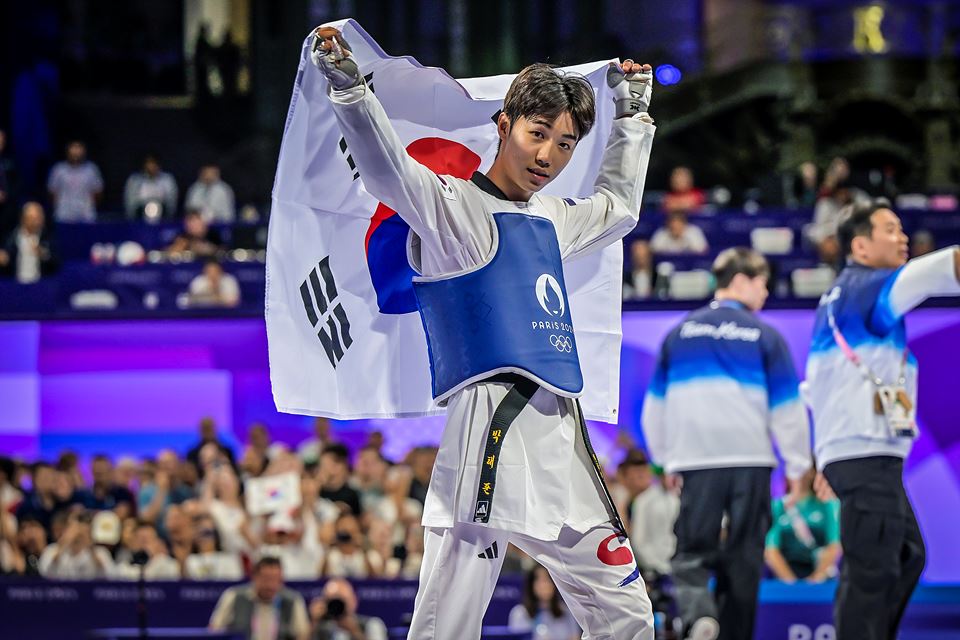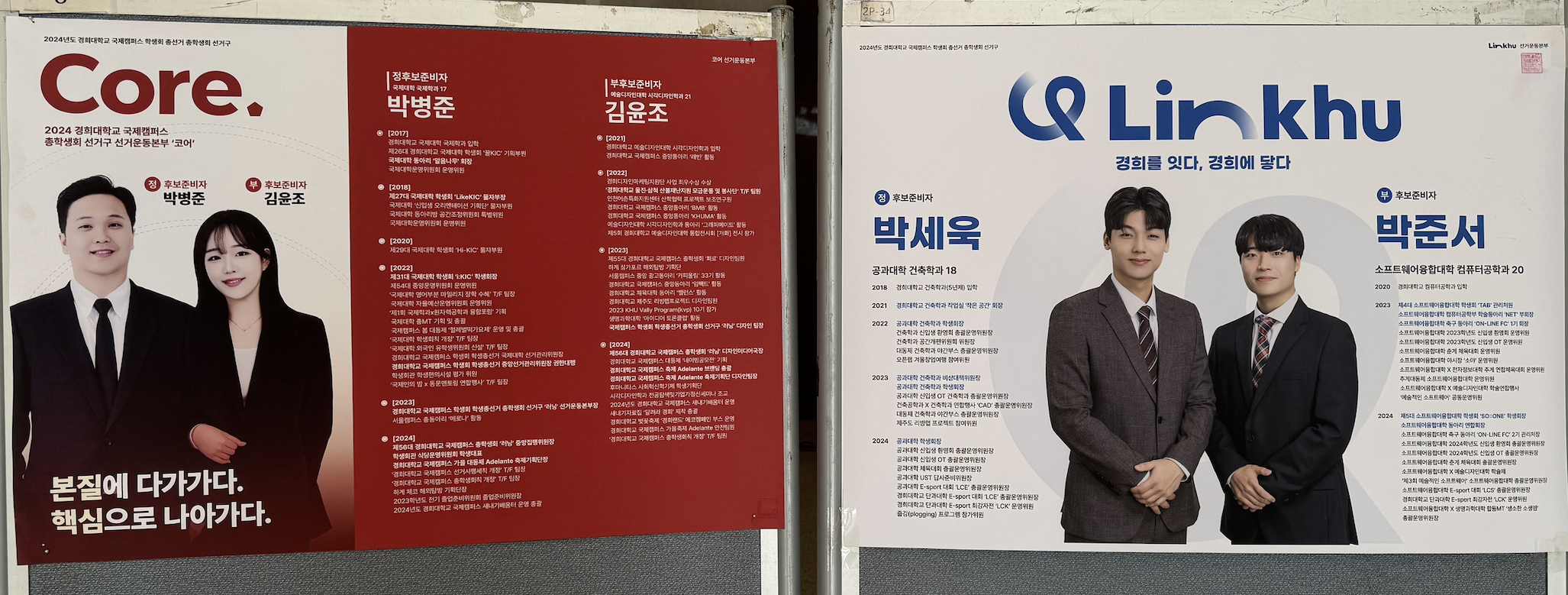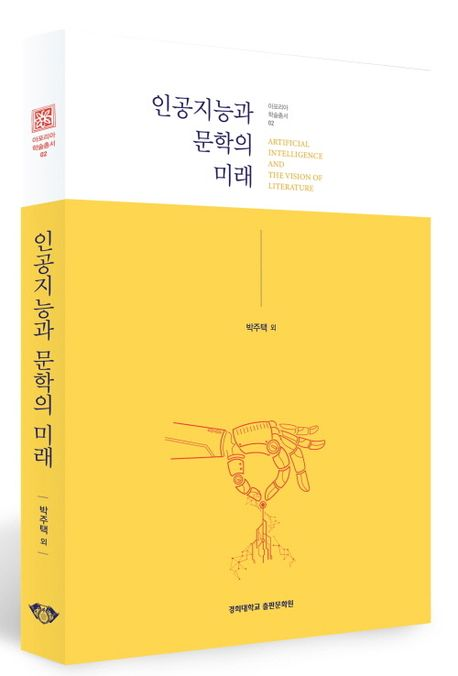[Administration] Educational Paradigm Shift: What Should KHU Do?
On Tuesday, August 29, Kyung Hee University (KHU)’s Academic Affairs Committee held its second-semester meeting at the Graduate Institute of Peace Studies. The seminar, titled “University Innovation for Future-oriented Higher Education: Based on KHU Values,” explored three key areas: Regular curriculum reform for the 2024 school year, an evaluation of the university’s performance in the first half of the year, and external special lectures.
KHU Reorganizes Curriculum with a Focus on Strengthening Student’s Choice
The first session focused on KHU’s four-year curriculum reform plan, which centers on the theme of strengthening student’s choice. This shift reflects the commitment of KHU to a more flexible academic system. Specific adjustments include:
Adjusting graduation credits
Developing new subjects
Expanding multiple majors
Recognizing credits from other majors
Reducing mandatory credits from majors
To develop this plan, the Office of Academic Affairs formed a research committee on curriculum reform in March. The public hearing on this was held for students, faculty, and staff from June to August, followed by an additional hearing for department deans and members to finalize the plan in September.
Reflecting on Excellence
The second session reviewed the university’s performance in various evaluation rankings announced during the first half of the year, including THE University Impact Assessment (THE) and QS World University Rankings. KHU’s strong showing in THE is particularly noteworthy. It ranked 42nd in the world and second in Korea. KHU entered the rankings within the top 400 in all 17 Sustainable Development Goals (SDGs) and took first and second place in five of them. THE evaluates the extent to which universities contribute to achieving the United Nations’ SDGs. It reflects the university’s efforts for a sustainable future for humanity and civilization in a transitional period of civilization.
These achievements stem from KHU’s ongoing commitment to excellence, including:
Hiring outstanding human resources
Strengthening joint research with world-class scholars
Establishing and expanding innovative departments
Increasing investment in improving educational conditions
Reorganizing the academic system
Enhancing the student social advancement system
Fostering research groups
Bridging the Gap Between Future Talent and Reality
The third session featured a special external lecture titled “Searching for Changes to Nurture Future Talent that Contributes to Social Innovation” by Jang Yong-seok, director of the Yonsei University Institute of Higher Education. The lecture explored the challenges and opportunities in preparing students for future roles in social innovation. Choi Hyun-jin, Director of KHU’s Future Innovation Group, which plays a similar role to the Institute for Higher Education Innovation, acknowledged the shared roles of the two organizations.
KHU’s curriculum reformation and search for a leap forward as a better university will not only enhance students’ personal growth by expanding their options but also help the university set the direction for nurturing future talent. In addition, KHU’s efforts to resolve the dilemma arising from the gap between future talent for social innovation and employment rates will be closely watched.
There are no registered comments.
- 1
- 2
- 3
- 4
- 5
I agree to the collection of personal information.





